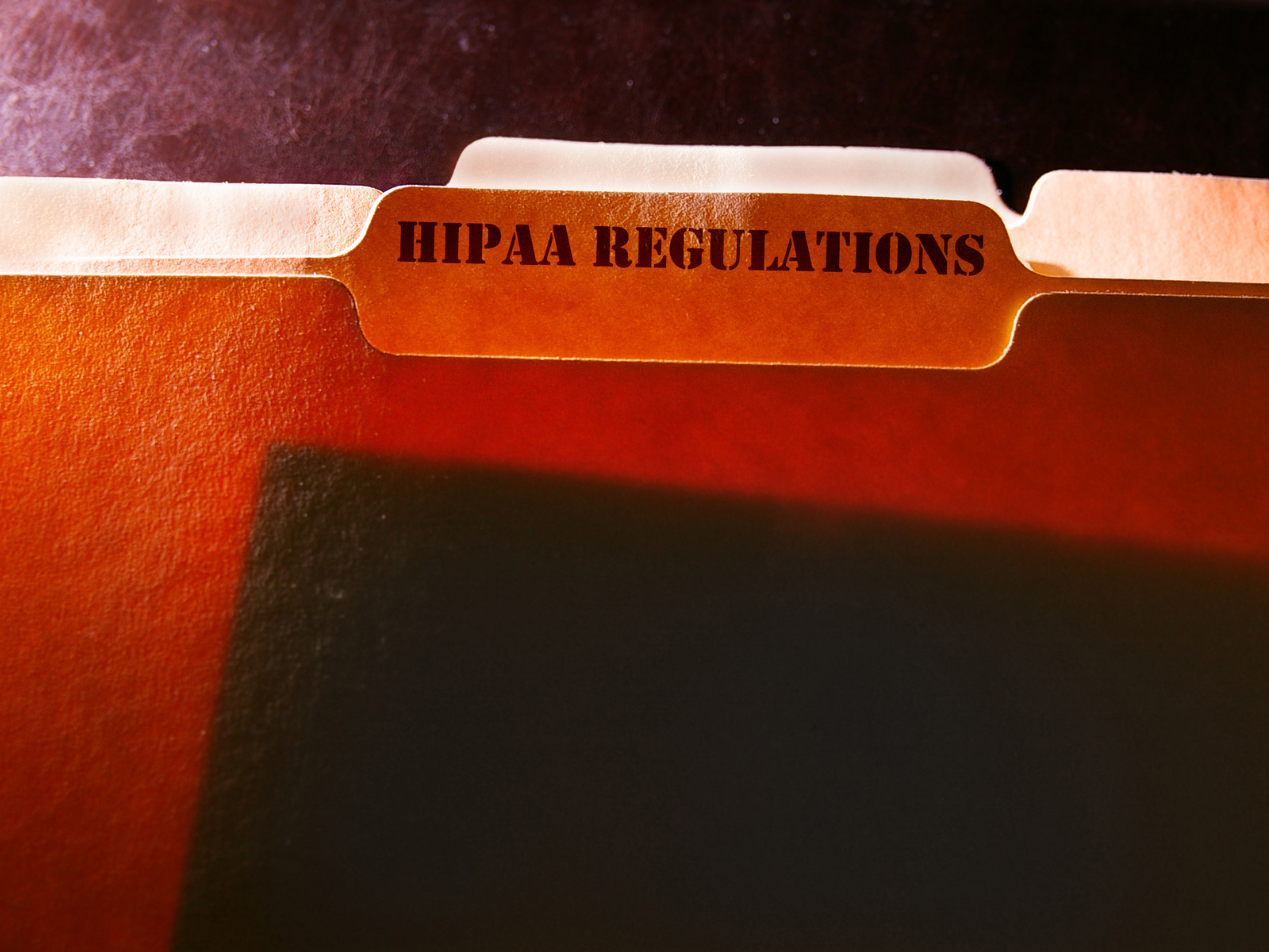2 min read
How the minimum necessary standard protects patient privacy
Liyanda Tembani
September 8, 2023

The HIPAA privacy rule guards patient data and ensures its responsible use and disclosure. One of the tenets of this rule is the "minimum necessary" standard, which plays a role in safeguarding patient privacy and controlling the use of protected health information (PHI). The minimum necessary standard has three principles and preserves patient confidentiality.
What is the minimum necessary standard?
The minimum necessary standard is established under the HIPAA privacy rule. It mandates covered entities to limit the use, disclosure, and requests of PHI to the minimum extent necessary to accomplish the intended purpose. Healthcare providers, health plans, and other entities involved in patient care should access and share only the minimum amount of information required to carry out their responsibilities.
Related: What is the minimum necessary standard?
The principles of the minimum necessary standard
- Purpose limitation: This stipulates that PHI should only be used or disclosed for the specific purpose for which it was collected or authorized by the patient. This prevents unnecessary access to sensitive information, reducing the risk of data breaches or misuse.
- Data minimization: Requires covered entities to disclose or request the least amount of PHI needed to accomplish the intended purpose. Limit the information shared to maintain patient confidentiality and mitigate the potential harm from unauthorized disclosures. This principle applies to electronic health records and interconnected healthcare systems, where vast amounts of data can be easily accessed and disseminated.
- Reasonable safeguards: The third principle is implementing safeguards to protect PHI from unauthorized access, use, disclosure, alteration, or destruction. Covered entities must adopt robust security measures and restrict access to only authorized personnel to prevent unauthorized disclosures.
The role of the minimum necessary standard in patient privacy
The minimum necessary standard helps healthcare providers achieve HIPAA privacy goals by strictly limiting access and disclosure of PHI to only what is required for specific tasks or purposes. Moreover, it empowers patients to take an active role in managing their health information and makes them feel more in control of their personal data.
Related: The 'Minimum Necessary' Principle in HIPAA compliant email marketing
Exceptions and special circumstances
- Treatment: Under the minimum necessary standard, healthcare providers are generally required to limit access to PHI to the specific information needed for the individual's treatment. However, in emergency situations where time is of the essence, providers may need to access more comprehensive patient information to deliver immediate care effectively. Providers need to exercise their professional judgment in such scenarios, ensuring they access and share only the minimum necessary information to promptly address the medical emergency.
- Health and safety: The minimum necessary standard recognizes instances when PHI may be disclosed without patient authorization to protect the health or safety of the patient or others. For example, if a patient poses a risk to themselves or others due to a contagious disease or a severe medical condition, healthcare providers may share relevant information with appropriate authorities to prevent or mitigate potential harm. In such cases, providers must limit the disclosure to the minimum necessary information to address the specific health and safety concern.
- Patient access requests: Under HIPAA, patients can access their health information. When patients request access to their records, covered entities must provide the full record.
The minimum necessary standard is a cornerstone in the HIPAA privacy rule, protecting patient privacy and sensitive health information.
Related: HIPAA compliant email: the definitive guide
Subscribe to Paubox Weekly
Every Friday we bring you the most important news from Paubox. Our aim is to make you smarter, faster.




